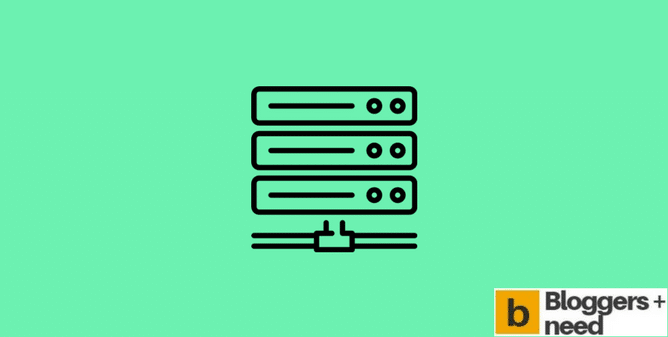
In this technology-driven age, owning an online platform is almost essential—whether you’re running a small business. However, fears over expenses are common, especially among beginners and startups. The bright side is that low-cost website hosting removes financial barriers, all without compromising core features for most use-cases.
This comprehensive post walks you through all you need to discover before purchasing low-cost hosting: the meaning of cheap hosting, advantages and drawbacks, top features to consider, and most popular budget hosting companies.
What is Cheap Web Hosting?
Budget-friendly hosting means services priced lower than market average, marketed for limited budgets. Intro rates are commonly as low as just a few dollars monthly. Affordability is enabled by resource pooling across accounts.
Yet, despite these low fees, you still get plenty of value: bundled emails, and even simple WordPress setups. While higher-tier solutions offer more resources and flexibility, entry-level hosting is sufficient for most projects.
Advantages of Affordable Hosting
Affordability
The no. 1 benefit, financial accessibility stands out. For the price of a coffee, you can build and maintain a website that looks professional.
Ease of use
Modern low-cost hosts provide familiar cPanel or custom panels, making site administration accessible to all.
Feature-Rich Bundles
Low-cost doesn’t mean stripped-down. Expect free emails, auto-installers for WordPress, and other core website tools.
Scalability
Start small and scale when the time’s right.
Limitations of Cheap Web Hosting
Resource Sharing
With non-dedicated plans, web resources are divided among many, so resource-heavy sites can cause sluggishness.
Reduced power
Ideal for smaller websites, but not suited for big e-commerce.
Support Variability
Not all dirt-cheap providers offer reliable around-the-clock support, though many are stepping up.
Restrictions on premium options
Developer bonuses are often locked behind higher tiers.
Key Features to Consider
Reliable uptime: Aim for at least triple-nine up-time.
Site speed: SSD drives really improve overall speed.
Included HTTPS: Needed by search engines and visitors.
No-cost first-year domain: Some hosts include a domain at signup.
All-day customer help: Round-the-clock chat is key for peace of mind.
No-code design help: Ideal if you need a simple start.
Easy software setup: Especially for WordPress.
Leading Affordable Hosts
Check out these reputable budget hosting services based on value and performance:
Hostinger Hosting Starting at: $1.99 per month Highlights: Anytime support. Recommended for: Beginners.
Bluehost Shared Hosting Starting at: $2.95/mo Highlights: SSL security. Recommended for: Growing projects.
DreamHost Starting at: $2.59 per month Highlights: Automated backups. Recommended for: Bloggers.
Namecheap Hosting Starting at: $1.58/mo Highlights: First year domain free. Recommended for: Absolute beginners.
A2 Hosting Starting at: $2.99/mo Highlights: Free SSL. Recommended for: Performance-focused business.
Get the Most for Your Money
Watch for huge discounts: Most providers offer hefty intro pricing. Be aware of second-term costs.
Longer terms = lower rates: cheap web hosts recommended by BloggersNeed Annual contracts lock in lower fees.
Understand plan exclusions: double-check contract details.
Check online testimonials: Peer reviews highlight hidden pros/cons.
Choose responsive hosts: Helpful agents is key for non-experts.
Who Should Choose Cheap Web Hosting?
Budget-friendly plans are perfect for:
Hobby websites
Local and regional companies
Service providers
Nonprofits
Website rookies
If you’re running a complex e-commerce shop, prepare to scale as you grow.
Conclusion
Cheap web hosting have unlocked the web for all. Whether you need a business homepage, today’s entry-level hosting are dependable.
By being an informed shopper, you can kickstart your digital journey—without stress and without breaking the bank.